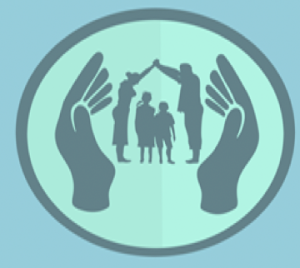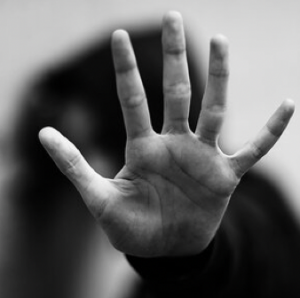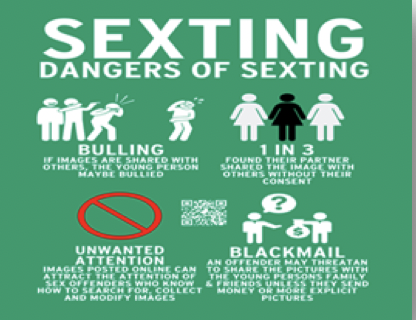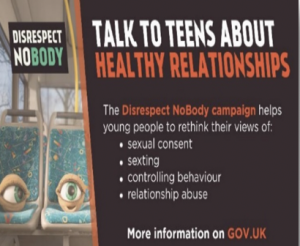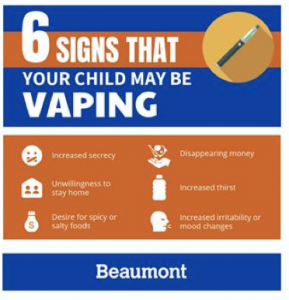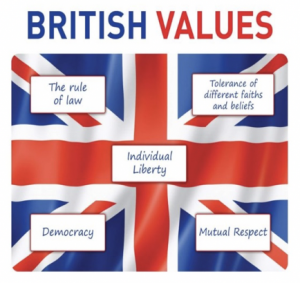Safeguarding
Safeguarding is building and holding an awareness that the life of many children (and their families) is difficult; recognising signs and indicators of abuse and neglect and truly listening for these concerns; knowing what to do, and making sure child protection procedures are followed; and always keeping the child’s welfare at the centre of everything they learn and everything they do, from breakfast clubs to preparing for exams.
Duke’s Aldridge Academy is a community and all those directly connected (staff, governors, parents, families and children/learners) have an essential role to play in making it safe and secure. Duke’s Aldridge Academy recognises our moral and statutory responsibility to safeguard and promote the welfare of all children with their best interests at the centre of our work.
Duke’s Aldridge Academy recognises the importance of providing an ethos and environment within school/educational setting that will help pupils/students/learners/apprentices to feel safe, secure and respected; encourage them to talk openly; and enable them to feel confident that they will be listened to. We are alert to the signs of abuse and neglect and follow our procedures to ensure that pupils/learners receive effective support, protection and justice.
We believe that to effectively safeguard children, we must ensure that parents are kept up to date and fully informed on safeguarding risks and provided with a range of strategies. You can find Safeguarding Information for parent’s here.
Please see below further guidance on key areas, which are also included in the child protection and safeguarding policy.
Child Sexual Exploitation
Child sexual exploitation involves situations, contexts or relationships in which a person under 18 is given something, such as food, accommodation, drugs, alcohol, cigarettes, affection, gifts or money in return for performing sexual activities or having sexual activities performed on them. It can also involve violence, coercion and intimidation, with threats of physical harm or humiliation.
At Dukes our RSE Curriculum plays an important role in helping our students gain an understanding of healthy and unhealthy relationships and harmful sexual behaviours. As a school, we want our Dukes students and families to be able to turn to us and practitioners for help and support from abuse and exploitation.
E-Safety and Cyber Bullying
At Dukes our students have the use of technology as part of their learning. Keeping children safe online involves training on how to keep themselves safe in the ever-involving digital world. This includes tackling bullying (including cyberbullying), teaching them to have an awareness of online safety, and ensuring they don’t access inappropriate material, which can put them in danger of harm.
Cyberbullying is bullying with the use of digital technologies. It can take place on social media, messaging platforms, gaming platforms and mobile phones. It is repeated behaviour, aimed at scaring, angering or shaming those who are targeted. Examples include:
- spreading lies about or posting embarrassing photos or videos of someone on social media
- sending hurtful, abusive or threatening messages, images or videos via messaging platforms
- impersonating someone and sending mean messages to others on their behalf or through fake accounts.
Face-to-face bullying and cyberbullying can often happen alongside each other. But cyberbullying leaves a digital footprint – a record that can prove useful and provide evidence to help stop the abuse.
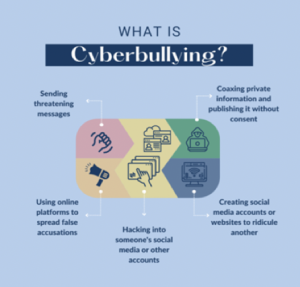
Sexting (sharing of nudes and semi-nudes)
Sexting is when someone shares sexual, naked or semi-naked images or videos of themselves or others, or sends sexually explicit messages. They can be sent using mobiles, tablets, smartphones, laptops – any device that allows you to share media and messages. Most young people today spent a lot of time on the online world and are comfortable with sharing their entire lives online. Young people can see sexting as risk-free and harmless but there are different types of risks which can be associated with sexting.
- It may cause emotional distress. The sharing of inappropriate content can lead to negative comments and bullying, which can be very upsetting. …
- It could affect your child’s reputation. Explicit content can spread very quickly over the internet and affect your child’s reputation. …
- Sexting is illegal (for under-18s)
At Dukes we believe that parent and child relationship is paramount to the safety of our students. Communication is the key and if you have any concerns about the safety of your child you should talk to someone about this.
Harmful Sexual Behaviour
The term ‘harmful sexual behaviour’ describes a continuum of behaviours displayed by children and young people under 18, ranging from those considered ‘inappropriate’ at a particular age or developmental stage to ‘problematic’, ‘abusive’ and ‘violent’ behaviours.
There are no accurate prevalence figures on the full spectrum of harmful sexual behaviours. However, available data suggests that under-18s are responsible for a significant proportion of child sexual abuse, and there is considerable concern about widespread and ‘normalised’ sexual harassment and abuse between students in schools. Child-on-child sexual abuse is a form of HSB where sexual abuse takes place between children of a similar age or stage of development. Child-on-child sexual abuse is a form of HSB that takes place between children of any age or stage of development
At Dukes we understand that harmful sexual behaviour is developmentally inappropriate sexual behaviour displayed by children and young people which is harmful or abusive. We take this very seriously by making sure that students are given the care and support needed to be able to manage the impact caused by harmful sexual behaviours.
Problematic sexual behaviour (PSB) is developmentally inappropriate or socially unexpected sexualised behaviour which doesn’t have an overt element of victimisation or abuse.
Teen Vaping
Vaping has gotten much more popular among teenagers in the past few years. Now, many more teenagers use e-cigarettes, like the brand JUUL, than traditional cigarettes. There are restrictions on the sale and advertising of e-cigarettes to young people, but many teenagers still use them.
When teens vape, what they’re doing is inhaling steam that comes from hot nicotine liquid. E-cigarettes, vape pens and JUULs are all different devices for heating the liquid. Research shows that vaping has many medical risks.
E-cigarettes contain a lot of nicotine, which is very addictive. Getting addicted to nicotine can make it harder for teenagers to focus and concentrate. E-cigarettes also contain chemicals that could cause cancer, and there are many reports of serious lung problems connected to vaping. Additionally, vaping can make teenagers more likely to start smoking regular cigarettes.
At Dukes we believe the use of e-cigarettes is unsafe for our students and young adults. Nicotine is highly addictive and can harm adolescent brain development, which continues into the early to mid-20s. Dukes staffs are fully aware of the risk associated with E-cigarettes and are being vigilant in trying to eliminate this problem monitoring the student’s behaviours.
British Values
For schools in the UK, British values refers to a set of values that the government believes are important for children to learn. At Dukes we believe in the respect for the rule of law, individual liberty, democracy, and mutual respect for and tolerance of different faiths and beliefs. Dukes promotes these values in schools, which is part of the government’s efforts to create a more cohesive and integrated society, as well as a way to protect children from extremist ideologies.
The promotion of British values began after the terrorist attacks in London in 2005. After the attacks, the government introduced a number of policies and initiatives aimed at promoting British values in schools, including the PREVENT program, designed to prevent radicalisation and extremism.
At Dukes everyone is treated equally and fairly, and everyone follows the same rules and laws. This value promotes a sense of order and stability in our society, and helps to prevent crime and other harmful behaviours within our community.


